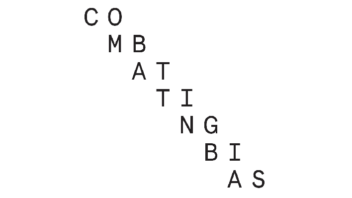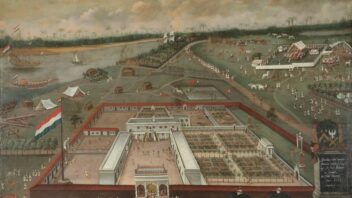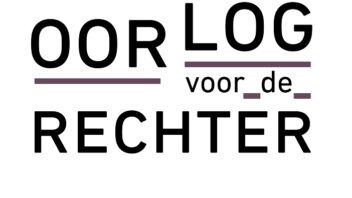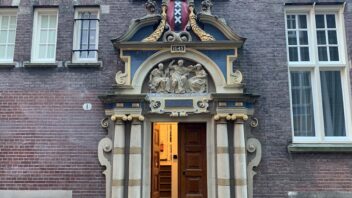Data Management
The Huygens Institute has long been known in the humanities field for its extensive and high-quality editions and datasets of historical sources and texts. The institute now makes some two hundred resources available online in the field of Dutch history and culture. The department also takes care of the collection and data management of the Meertens Institute.
Our group is making these resources future-proof, for instance by developing OpenHuygens.nl. In this new environment, online resources will become available in an open and interoperable way. In time, we will make it possible to search and select data across different resources, with searches that researchers can easily save and share. Moreover, we will thus make the online resources more accessible to large-scale infrastructure initiatives such as CLARIAH, CLARIN and the Digital Heritage Network.
Data support
Data management is an integral part of good scientific research. We help researchers at the Huygens Institute and the Meertens Institute to implement national and international data management protocols. For instance, we actively support researchers in preparing research applications and in making their Research Data Management (RDM) plans. In doing so, we help them apply Open Science in their work. We also offer customised support in the harmonisation, contextualisation and presentation of humanities data and provide advice on data licensing and security and privacy issues.
Data infrastructures
To share, connect and analyse humanities data with new technologies, we also work on data infrastructures. In projects such as Golden Agents, REPUBLIC and GLOBALISE, we carry out a variety of work, including creating so-called ground truths for automatic handwriting recognition or classifications, curating and connecting data, validating tools and data, and modelling links of meaning between information units using domain-specific ontologies. Thus, we bridge the gap between software engineering and humanities research and try to translate researchers’ needs into shared, generic data solutions whenever possible.
Collaboration
As part of infrastructure projects, we work intensively with the Digital Infrastructure Department of the KNAW Humanities Cluster, university research groups, heritage institutions and, in some cases, private partners. We also participate in the international consortium Data for History, which aims to construct shared ontological models so that semantic interoperability of humanities data is within reach.

















